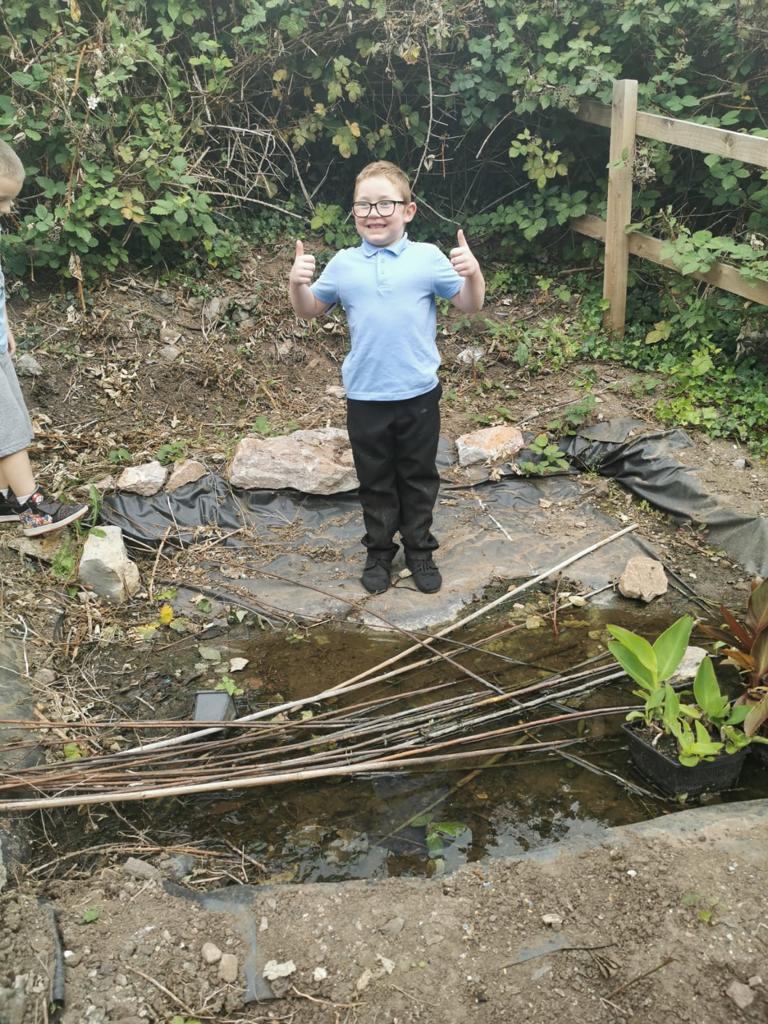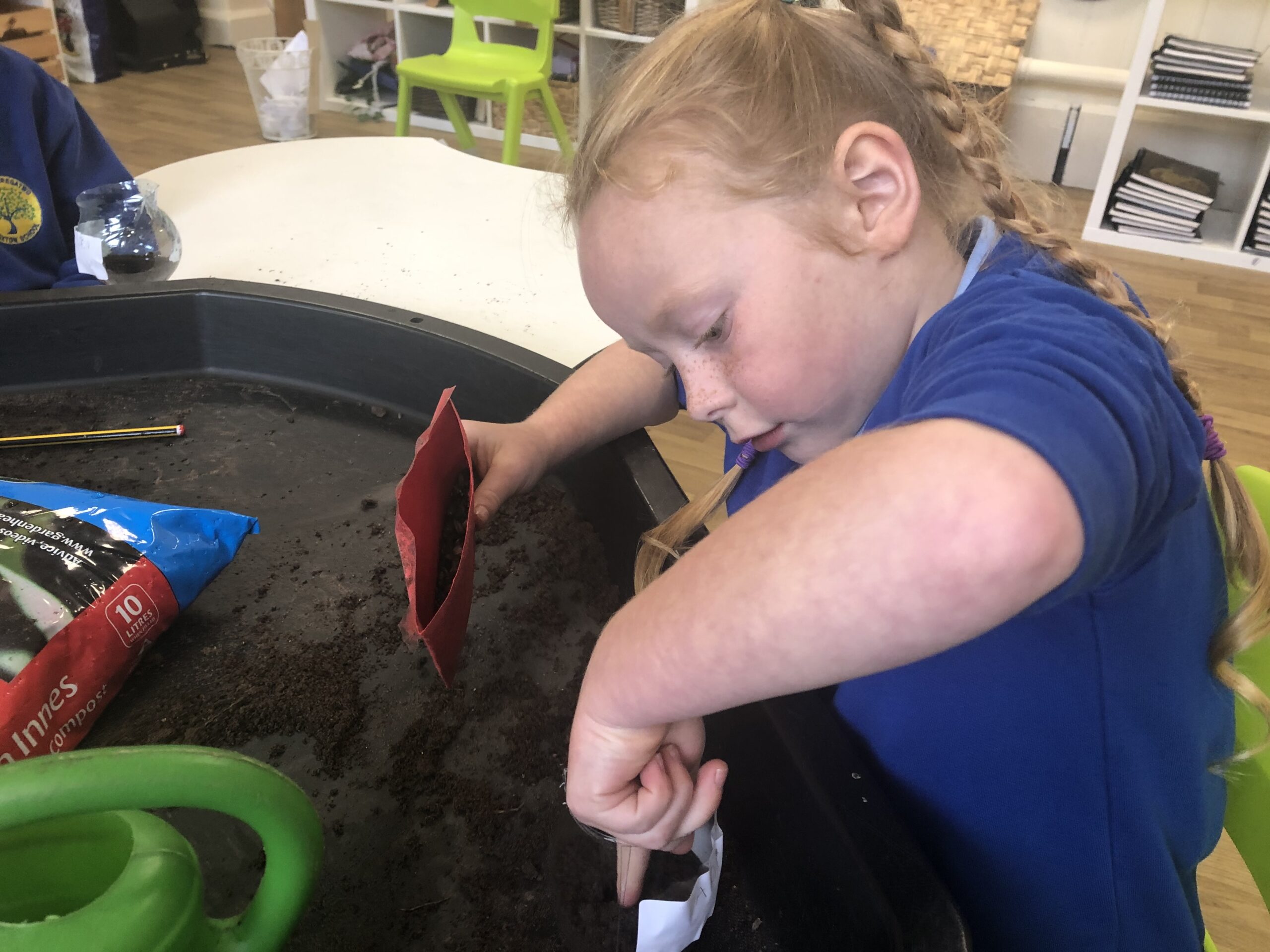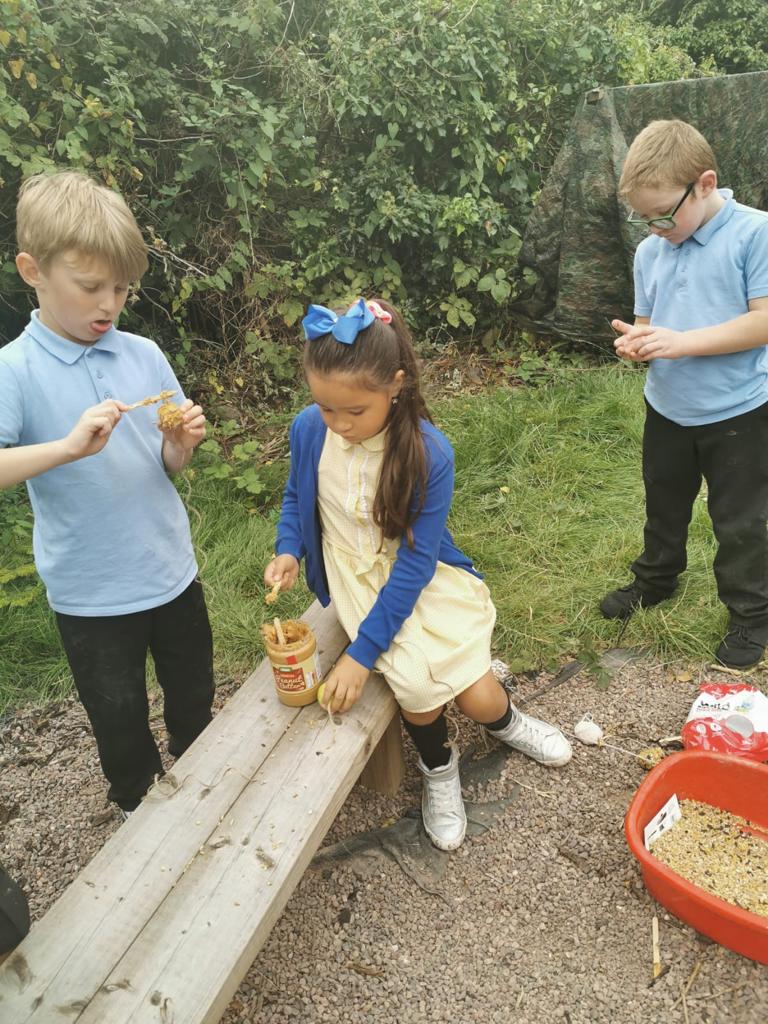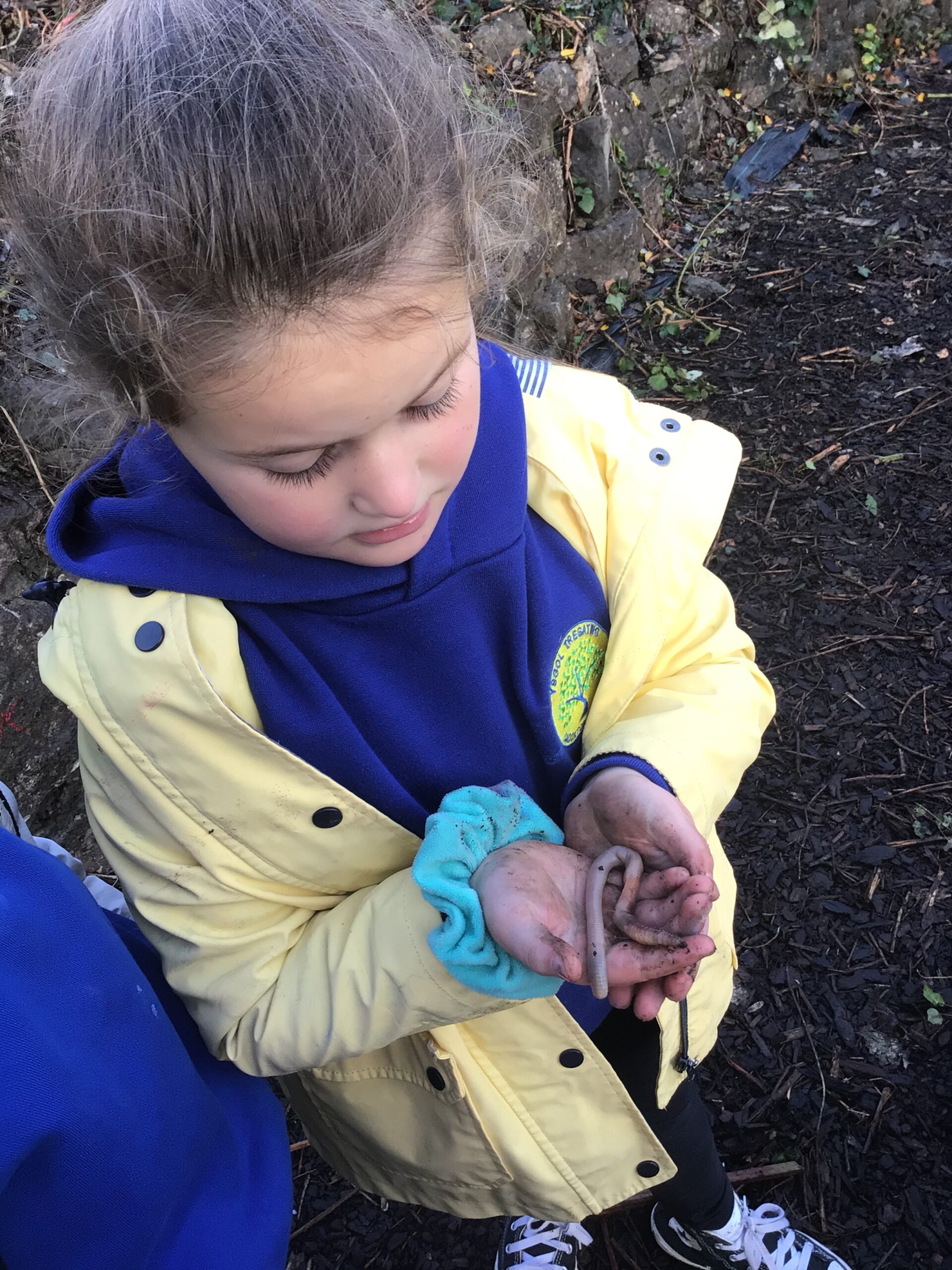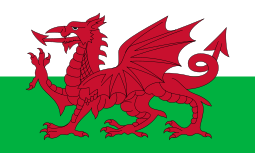

Benefits of Learning about Food
The concept of ‘food literacy’ is relatively new. Recent studies define food literacy as ‘the capacity of an individual to obtain, process and understand basic information about food and nutrition as well as the competence to use that information in order to make appropriate health decisions’. Food literacy is not just nutrition knowledge; it includes skills and behaviours, from knowing where food comes from to the ability to select and prepare these foods and behave in ways that meet nutrition guidelines. Recently, the definition has been broadened and described as ‘a collection of inter-related knowledge, skills and behaviours required to plan, manage, select, prepare and eat foods to meet needs and determine food intake’.
A review published by Cambridge University Press in 2014 suggests that improving food literacy in adolescence may improve individuals’ food skills and healthier dietary behaviours. The evidence recommends public health promotion practitioners and policy makers to consider new public health strategies that focus on increasing food literacy in children and young people. Big Bocs Bwyd provides the perfect vehicle for authentic learning experiences that promote food literacy and at the same time builds community capacity for good food choices.
Children and young people know where their food comes from
Knowing where your food comes from bridges the gap between ‘farm to fork’. It seems this gap has grown extensively vast. For example, some children and young people do not make the connection between bacon and pigs. Having this connection develops a healthy relationship with food allowing children and young people to appreciate and respect that food is not indispensable. They should also recognise the importance of buying food that is sourced locally and sustainably.
Children and young people have a better understanding of food groups and nutrition
By understanding the nutritional value of each of the food groups, children and young people are more likely to eat less high calorie, low nutrient foods. With this understanding, children and young people can choose to eat a healthy, varied diet based on the Eatwell Guide which, when combined with regular physical activity, will help them to maintain a healthy body weight.
Children and young people have the skills to plan and prepare nutritionally balanced meals
Big Bocs Bwyd provides access to a wide range of food types. Using the available ingredients, children and young people plan and prepare food to share with their friends, families and wider community. Knowing about food nutrition enables them to compile well-balanced, healthy meals at low cost.
Children and young people know how to store food safely
Being aware of safe handling and storage of food practices enables children and young people to stay safe and healthy when working with food.
Children and young people make more informed food choices
By being and becoming food literate, children and young people are building their capacity to make informed choices about what they eat, where they source food and how they prepare meals.
Children and young people have a positive relationship with food
When children and young people have the capacity to obtain, process and understand basic information about food and nutrition as well as the competence to use that information in order to make appropriate health decisions, they are more likely to have a positive relationship with food.
Benefits of Learning about Food Poster
Download the Poster
Download

